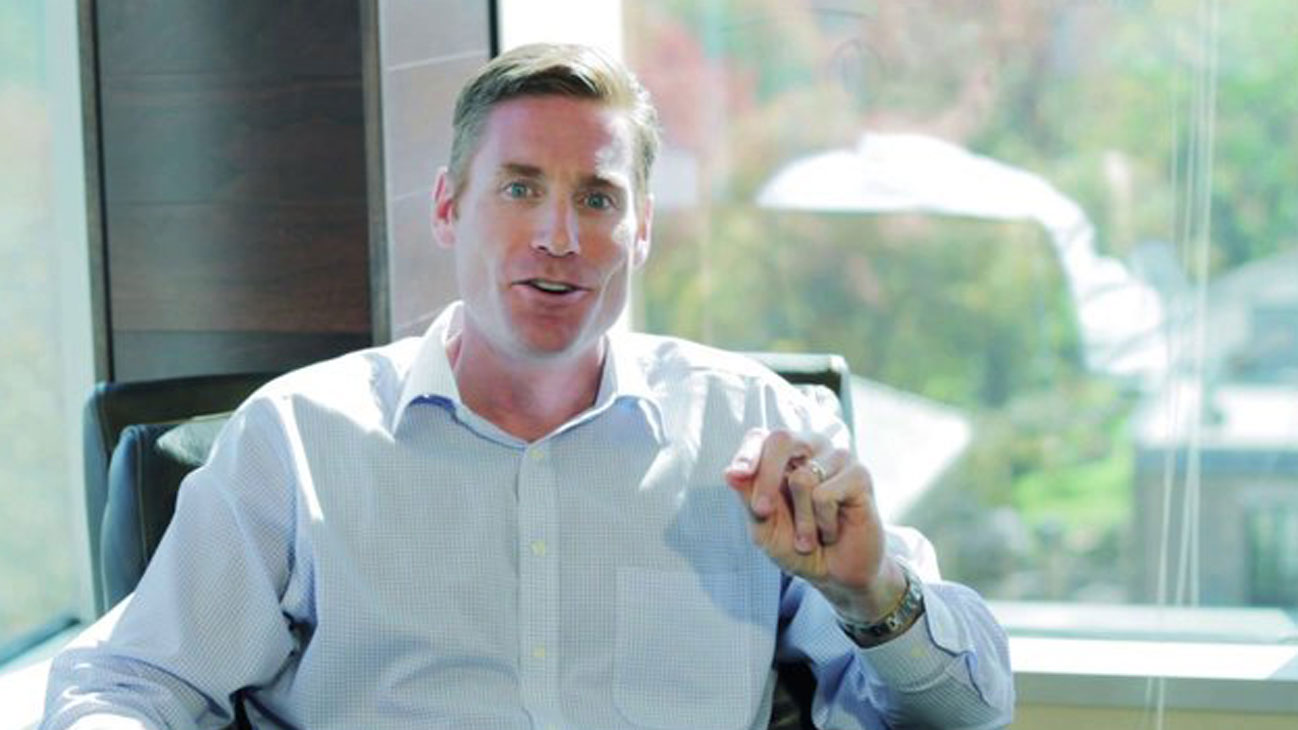While serving as the Director of Mental Training for the St Louis Cardinals, Dr. Jason Selk helped the team win their first World Series in over 20 years, and in 2011 he assisted the Cardinals in the historic feat of winning their second World Championship in a six year period. Considered to be one of the world’s premier performance coaches, Dr. Selk helps well-known professional and Olympic athletes, as well as Fortune 500 and Fortune 100 executives and organizations, develop the mental toughness necessary for high-level success. In this article, Dr. Selk examines how to make a mistake and still succeed!
Put yourself in this scenario:
You have an early breakfast meeting scheduled with a colleague, for which you set your alarm 45 minutes earlier than usual and rushed through your regular morning routine. You arrive at the meeting location 5 minutes early and proceed to wait for your colleague for an additional 35 minutes. During those 35 minutes, you are stewing about having to miss your morning play time with your kids to arrive on time, which now was an unnecessary sacrifice. You grow more and more frustrated at the thought of this wasted morning. When your colleague finally arrives, he apologizes and explains frustratingly that he is NEVER normally late, but traffic was terrible, and he had to drive around for 10 minutes to find a parking spot.
Do you feel better now that you know he had a fairly legitimate excuse for costing you your morning?
Probably not. This is an incredibly likely scenario in which many of us find ourselves frequently. In fact, many of us likely find ourselves on the side of being the one reciting our excuse for being late, failing to meet a deadline, forgetting to help out our spouse, or whatever way we have fallen short.
For some reason, we think it makes us look better to list the excuses and reasons why we screw up. We desperately want people to know that we really are responsible, reliable, respectful, and so on, but we were handed circumstances outside our control that caused us to fail. It wasn’t our fault.
The truth is, the other person doesn’t care whether or not it was your fault. You let him down, and your fault in the matter will not change that fact. The real reason we want the other person to know why we let him or her down is because is makes us feel better. It preserves our sense of pride and prevents us from having to take accountability.
Taking accountability for letting people down makes us feel bad. And this is a great thing! Unless we feel bad about ourselves, we have no reason to change.
What if your colleague arrived to the breakfast meeting and said, “I am sorry for being late. I know you went out of your way to meet me here so early. There is no excuse, and I’ll make sure it doesn’t happen again.” This doesn’t change the fact that your morning was thrown off kilter, but at least he understands how much he inconvenienced you and isn’t throwing an excuse your way.
In my experience, people actually go so far as to respect a person who owns up to a mistake without giving an excuse. It is impressive because it is so rare.
Next time you find yourself having let someone down, try reciting this phrase:
“I am sorry for (insert mistake). There is no excuse, and I will make sure it doesn’t happen again.”
You will be incredibly tempted to add some sort of qualifier as to why you made the mistake (e.g., traffic was bad, your computer crashed, etc.). This is code for an excuse.Remember, the other person doesn’t care about your great excuse and will be more impressed by NOT hearing it.
Use the embarrassment you feel for having to take total accountability for falling short to actually make sure it doesn’t happen again.
Trust me, your embarrassment will go a long way toward making you look good, even despite your screw up.

